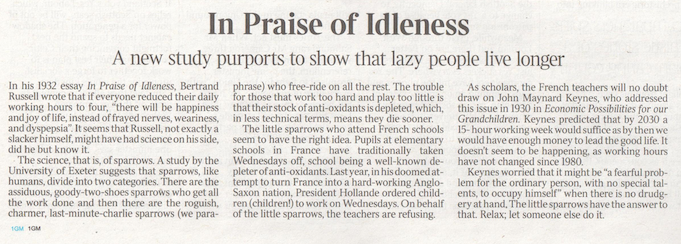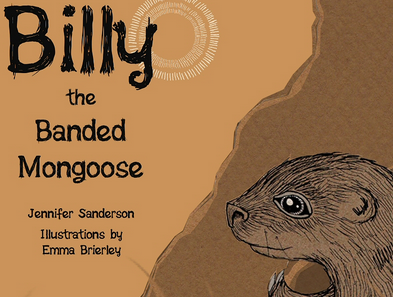Firstly, I really enjoyed the conference. I was engaged and enthused to try out some of the things that I had seen. However, my first impression was that this wasn’t STEM, it wasn’t science, technology, engineering and maths. Instead, it was physics, technology, engineering and maths. There was very little chemistry in the whole day and absolutely no biology. Biology and chemistry are key components of many growing industries and parts of problems, and the solutions to those problems, of the future. I’m a biologist and so this irked me slightly. I’m fully aware that zoology isn’t going to make lots of money or greatly grow the economy, but the biotech industries are flying at the moment with potential breakthroughs like CRSPR changing the way we interact with living organisms.
To me the issue, as this may have just been for this conference, is with how and which industries are trying to intervene in our education system. They tend to be big engineering companies, and for them the physical sciences are likely to be more important. For them their bottom line will be improved if more students graduated school and university with the skill sets they require. They want engineers, and they want lots of them and they want them now and tomorrow. But is that what is best for the country and society as a whole?
In one way I would say yes and in another no. The industry people who spoke at the conference spoke about how they wanted graduates who were good at problem solving. This is a huge part of education, students should be taught to use their knowledge and apply it to novel situations and to be able to link seemingly desperate areas of their knowledge together (i.e. bits of chemistry to biology, maths to physics, physics to biology etc.). The ability to mentally break out of the silos of subjects and topics is hugely important but it isn’t something that is unique to working in industry. One of the speakers spoke about how our education system is set up to create professors and not engineers, but these cross disciplinary and problem solving skills apply equally to both groups of people. These are abilities that should be taught to students regardless of the STEM movement or interventions by industry, they are core to producing young people with inquiring minds. I worry that the drive for STEM is actually aimed at creating graduates specifically to go into the work place, all of the talk of the jobs of the future seems at odds with the direct applied skills that are being pushed that seem so focused on the jobs of now. Breakthroughs in science and industry are often from pure research that isn’t searching for direct applied results but that has unintended consequences that change the world, e.g. laser technology. By focusing purely on applied skills there is a risk that such breakthroughs in the future may not happen.
What I have taken from this conference and my view on STEM is that I personally want to keep industry at arms length. The money is wonderful but the drive for graduates to fit their needs risks shaping a curriculum that may in the long run damage our industries. Taking the best aspects of the STEM movement (cross curricular approach, problems solving and team work) are things that would benefit everyone, from engineers to business and industry to universities. Fostering creativity and an ability to see the wider picture is the key, and the STEM call to break down subject silos would help (although you still need to learn the basics of each subject before many of these links can be seen/formed). In addition, engaging the humanities departments and the art departments with any STEM projects would prevent resentment developing inside schools, where some faculties may feel side-lined. Even asking the ethical questions surrounding some STEM projects would be a useful exercise in bringing those who are not scientifically minded into this world.
Plus we need more BIOLOGY in STEM!!!
I hope that rambling rant holds some semblance of reasoning that can be discerned by readers.




 RSS Feed
RSS Feed
